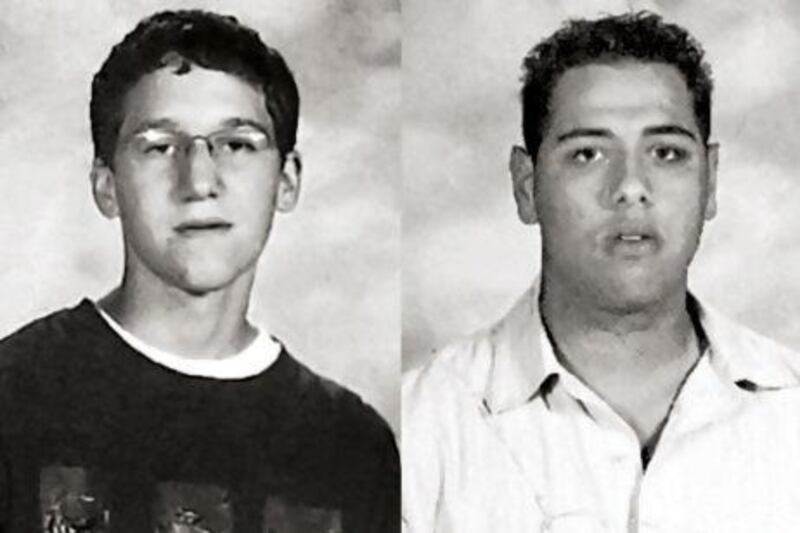OTTAWA/WASHINGTON // Two men from English-speaking Canada who took part in an attack by militants on a gas plant in Algeria in January were in their early twenties and from middle-class backgrounds.
Around 70 people, including the two Canadians, died when Algerian troops stormed the Tigantourine desert gas plant and ended the siege. The Royal Canadian Mounted Police (RCMP) said last month it had identified two suspects but gave no details.
The Canadian Broadcasting Corp on Tuesday named the two men as former high school friends Xristos Katsiroubas, 22, and Ali Medlej, described as being about 24. Both came from London, a town in the central Canadian province of Ontario.
The RCMP declined to comment. The Canadian Security Intelligence Service spy agency, which has repeatedly warned of the dangers of radicalised Canadians travelling abroad to cause trouble, did not respond to a request for comment.
But a US government source said US agencies had received information about the Canadian investigation and believed that the CBC report correctly identified the Canadian militants.
Security experts in North America and Europe said that while Canadians travelling abroad to fight with Islamic militants is not a new phenomenon, the fact that men from English-speaking Ontario had joined up with militants in what is traditionally a French-speaking part of Africa was unusual.
US and European counter-terrorism officials have expressed growing concern about the number of English-speaking recruits travelling to dangerous or remote areas in such countries as Pakistan, Syria, Somalia and Yemen to train or fight with militant groups linked to Al Qaeda.
The officials say they worry that such militants will return to their home countries with the motivation and skills to plot attacks.
US officials say they are concerned that militants unknown to western security agencies can easily enter the United States and carry out attacks. However, they added that the quality and training level of recent recruits - probably including the Canadians killed in Algeria - had noticeably declined.
CBC cited police sources as saying Katsiroubas, who grew up in a middle-class home with a swimming pool and converted to Islam from the Greek Orthodox faith, was likely the attacker whom survivors described as being blond-haired and speaking fluent "North American English".
CBC said CSIS agents had interviewed family and friends of the two men in 2007. A former friend of the two said a relative had called the police, complaining the pair were "hanging around with weirdos".
CBC also said two former schoolmates of the pair had travelled overseas with Katsiroubas and Medlej. The network cited intelligence sources as saying CSIS did not have the two men and their friends under surveillance when they left Canada last year.
Canadian Foreign Minister John Baird said nations such as the United States, Sweden and Britain were struggling to deal with the same problem.
"Canada is far from the only country that has had to deal with this challenge of radicalisation ... my colleagues and I will be discussing the issue in the days and weeks ahead," he said in a conference call from the UAE.
Christian Leuprecht, a terrorism expert, said the two men appeared to have become radicalised by themselves rather than having joined a militant cell in Canada.
"Much or all of the activity in which they would have been engaged while in Canada would likely have been perfectly legal. So these cases are difficult to detect, even harder to stop, and harder yet to convict," said Mr Leuprecht, who works at Queen's University in Kingston, Ontario.
CSIS is aware of dozens of Canadians in their early twenties who have travelled or tried to travel overseas to take part in terrorism-related activities, the agency's director told a parliamentary committee in February.
US officials have said that as many as two dozen American citizens or residents have been involved with the Somali-based Al Qaeda affiliate Al Shabaab. A smaller number of men from Britain, some of Somali extraction but some from other ethnic backgrounds, have also been involved with that group.
The hottest battlefield for would-be militants today is Syria, where European officials say between 70 and 100 recruits from Britain are fighting with radical Islamist militants.





